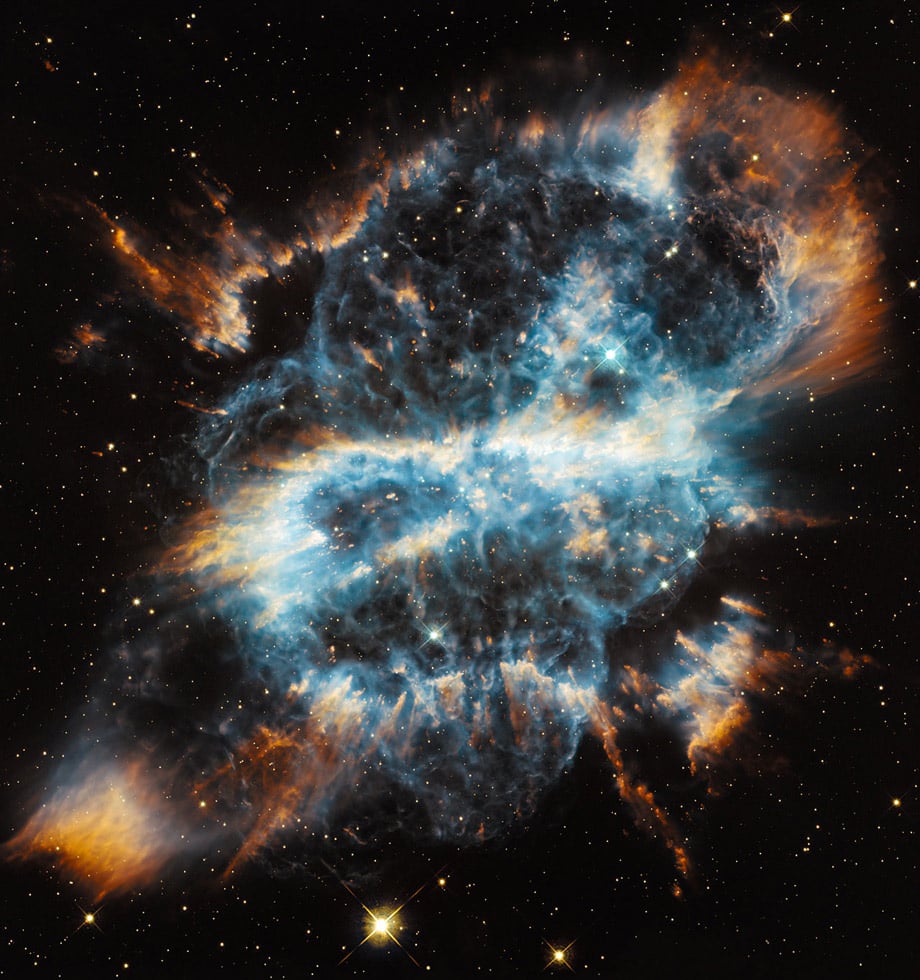Removed by mod

Oh Wikipedia, please never change.
Wikipedia can be weird sometimes. I’m trying to get an article approved and every time I re-submit it gets denied for different reasons.
I’ve never had to get a new article approved. I just write it. Is it about something very controversial?
Uh, what? As far I can tell every new draft needs to be approved before switching to the main page.
This is not standard practice. An article that is controversial or one that has been vandalised a lot may put in place such a policy. But the vast majority of articles on (English) Wikipedia can be freely edited.
I’m not talking about updating an existing article. I’m taking about publishing an entirely new page. I can and do make corrections and additions to existing articles without review. I wrote a completely new article and every time I submit it for review it comes back with a different reason for rejection. However, the most recent one was actually due to a misunderstanding on my part about acceptable sources (turns out I was being more restrictive than I needed to be), so at least it’ll be easy to implement the changes this reviewer wants to see.
I have never had to submit a new article for review. Are you writing articles on a topic that is controversial?

This is awesome! I’ve never heard of this before!
Somewhere out in the infinitely expanding Universe is a Psychlo very disappointed by what he just read.
Plants are green specifically because the red and blue wavelengths of light are useful for breaking specific chemical bonds necessary for photosynthesis and as such are readily absorbed by the plant. The plant makes efficient use of the energy provided by only absorbing the wavelengths necessary for its processes. However, plants still absorb 90% of green light and green light holds the highest proportion of the energy radiated by the sun.
To be more clear, green light has too much energy. When plants absorb light it first enters a protein mesh containing pigments such as chlorophyll that function like an antenna or receiver for a range of wavelengths. The pigments then transfer the energy to a “reaction center” where it turns this electromagnetic energy into chemical energy (photosynthesis). This process is exceedingly efficient; almost all of the absorbed energy is converted into electrons the plants can use. However, this protein mesh antenna is not solid and is constantly moving. These movements affect how energy is absorbed and how it flows through the pigments. Think of diffraction in water. Fluctuation in the intensity of light can create noise in this process; a quick brush of shade or sudden increase of light intensity can decrease the efficiency of photosynthesis. For plants and really everything that lives, a steady input and output of energy is desirable. Not enough electrons making it to the reaction center causes energy failure while too much will cause general overcharging effects that can damage tissue. When the noise of this system fluctuates it makes it difficult for the plant to self regulate it’s energy flow and could cause the plant to kill it’s own tissue or essentially starve. So essentially, while absorbing all green light would provide the plant with more energy, it’s not capable of handling this energy so plants evolved to limit their intake of green light.
However, this is not to say that green lights ability to efficiently evaporate water is not a factor in this evolutionary development, hell it’s probable that these two things are heavily related. Green light might evaporate water so well because of some combination of its relatively high energy mixed with the size of its wavelength interacting with the hydrogen bonds between water molecules in a more efficient manner than other wavelengths of electromagnetic radiation.
source for those interested
this is a copy pasted comment from this post and as such not every part of it has context
Removed by mod
This is a comment I wrote a while ago on a post specifically about the ability of visible to evaporate water. I thought some of the info was relevant to the meme but I can see how some of it wouldn’t really fit or make sense.
As for all the things you pointed out
Highest proportion of energy from the sun that plants absorb* should have specified that and its on me.
Second point is pure speculation and conjecture and is not intended to be a statement of fact
I really recommend reading that source I linked. I am in no way an expert, its just a topic I hyperfocused on and researched for a few days. I did confirm details with my gf who is a hort major and does understand these things but she is also an undergrad. Its a very cool topic and I’m excited to read that article you mentioned after my DND session
Removed by mod
Ah fuck, it wasn’t paywalled before :/
I couldn’t find it on anna’s archive either but I also couldn’t invest too much attention rn. If you find a link could you comment it here? Im gonna keep looking as well later and will do the same
😘 thank you!
Plants absolutely use green light for photosynthesis and do it quite well.
THE ACTION SPECTRUM, ABSORPTANCE AND QUANTUM YIELD OF PHOTOSYNTHESIS IN CROP PLANTS
Green light is in fact absorbed at a rate of 80-90%, and it penetrates much deeper than red or blue. Comparison
Thank you Comrade Shark Fucker
Four hundred twentieth of his name.
🤓
You really don’t like jokes do you?
comradesharkfucker very almost doesn’t like jokes.
So, is it basically something like overpaneling in PV systems, where the total amount of energy which could theoretic be harvested through the panels (surface area times efficiency) is higher than the maximum possible energy throughout of the inverter? This leads to a steady energy throughout which is capped by the inverter, providing a “buffer” for shaded conditions, morning, evening, etc.
Ahh, the joys of Voet’s Biochem. *reminisces*
However, plants still absorb 90% of green light and green light holds the highest proportion of the energy radiated by the sun
Did you mean reflect?
Green leaves usually absorb between 80-90% of green light
Tl;dr: plants are green because melanin
Chlorophyll? More like Bore-ophyll!
No, I will not make out with you!
Plants are green because the sun is green, duh
Wait hold on that can’t be right, lemme check.
you love to see it : )









